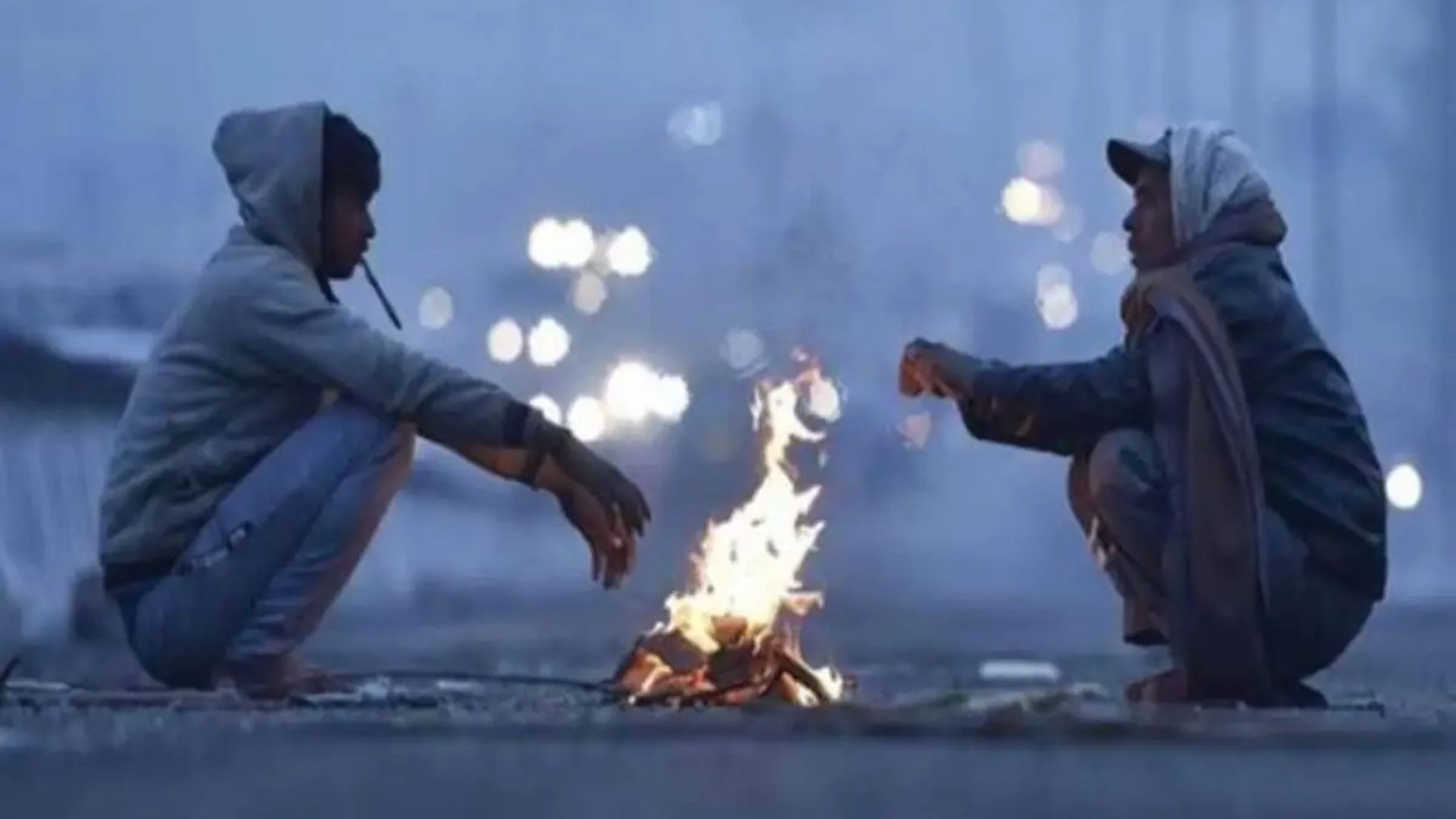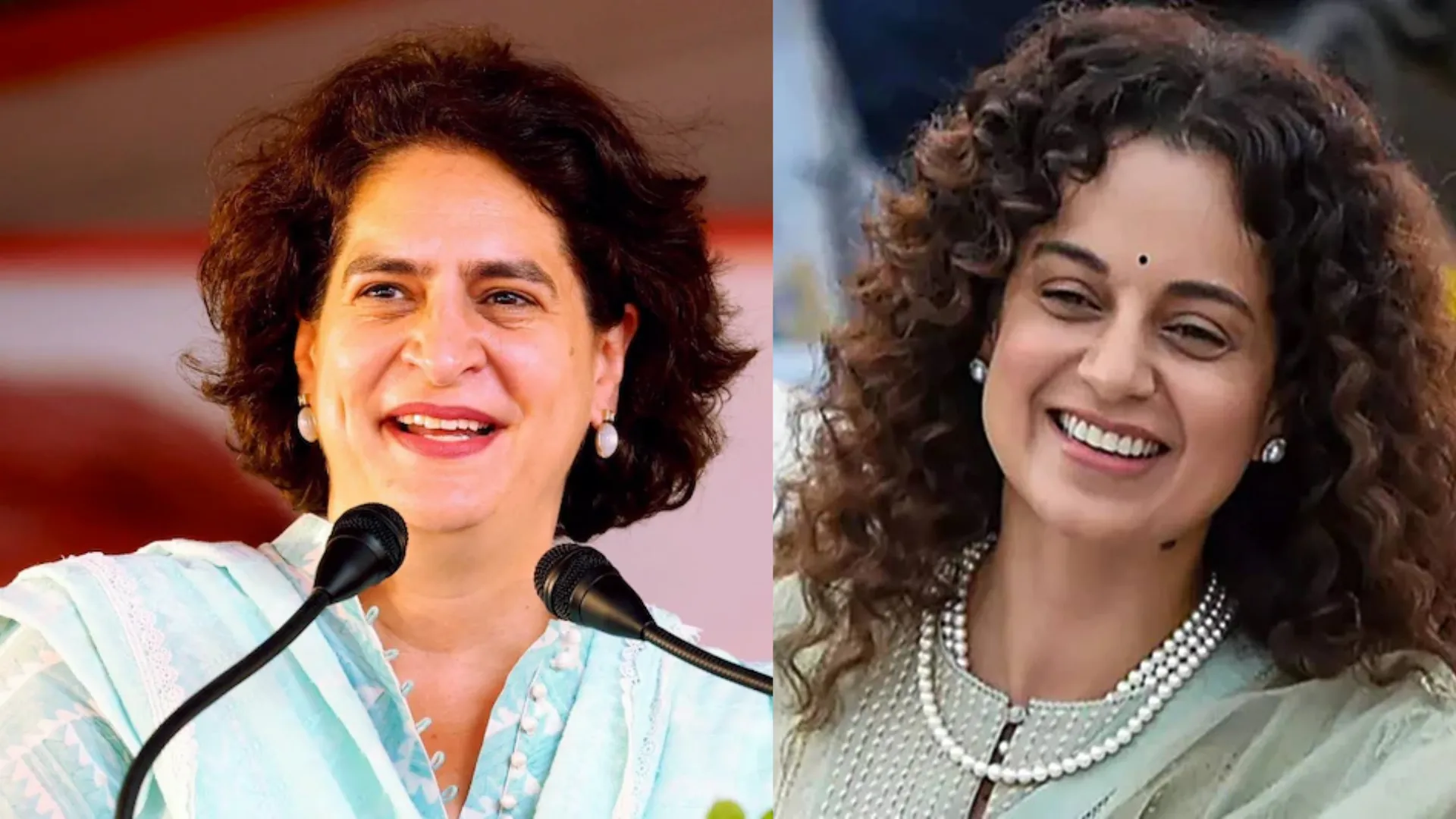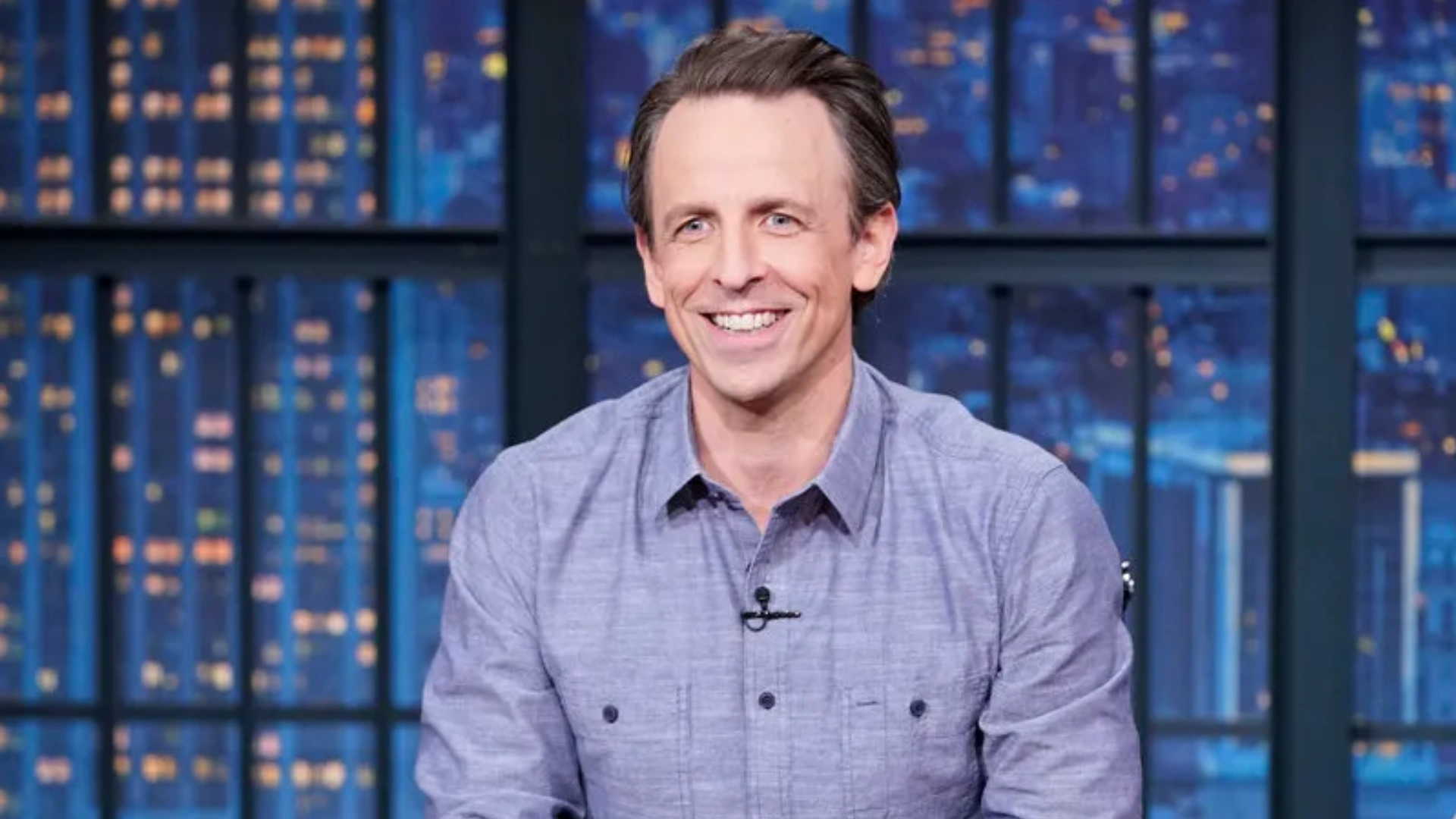The Ministry of External Affairs (MEA) informed Parliament on Thursday that Indian consular officials in Canada have been subjected to “audio and video surveillance,” with their private communications also intercepted.
This revelation was made through a written response by Minister of State for External Affairs Kirti Vardhan Singh in the Rajya Sabha, responding to a question of whether there were “any instances of cyber surveillance or other forms of surveillance targeting Indian diplomats in Canada.”
Singh confirmed that Indian consular officials in Vancouver were recently notified by Canadian authorities about the ongoing surveillance, which constitutes a violation of diplomatic norms. In response, the Indian government lodged a formal protest with the Canadian High Commission in New Delhi on November 2, 2024, describing the actions as a “flagrant violation of all diplomatic provisions.”
“Recently, consular officials at the Indian Consulate in Vancouver were informed by the Canadian authorities that they have been and continue to be under audio and video surveillance and that their private communications have also been intercepted.’
“The Government of India lodged a strong protest with the Canadian High Commission in New Delhi on this issue ON APP via its note verbale dated November 2, 2024, as these actions were a flagrant violation of all diplomatic provisions,” Singh said.
Canada’s Alleged Intimidation of Diplomats
The MEA emphasized that the Canadian government’s actions have contributed to an increasingly hostile environment for Indian diplomatic and consular personnel, who are already facing extremism and violence. “By citing technicalities, the Canadian government cannot justify harassment and intimidation,” Singh quoted the MEA spokesperson as saying during a recent briefing.
Indian officials have complained that the Canadian authorities failed to provide them with adequate security to the consular camps organized for essential services like the issuance of life certificates for retirees. According to reports, these camps were targeted by secessionist and extremist groups, which deprived Indian diplomats of the opportunity to work effectively.
The relationships between India and Canada hit a low point after multiple squabbles, including an accusation by Canadian Prime Minister Justin Trudeau that India is involved in the murder of Sikh separatist leader Hardeep Singh Nijjar. The accusations, which New Delhi strongly denied, forced both countries to expel their respective diplomats.
The MEA criticized Canada’s National Cyber Threat Assessment (NCTA) 2025-2026 report, which identified India as a cyber threat under “Section 1: Cyber threat from state adversaries.” India has dismissed the report as another instance of Canada’s “negative” stance on bilateral relations.
With a significant Indian diaspora in Canada, including 1.8 million Indo-Canadians and approximately 427,000 Indian students, India has expressed concern over their safety. The MEA has urged Canada to take effective measures against anti-India elements operating from its soil. This includes preventing acts of violence, vandalism of religious sites, and efforts to glorify the assassination of Indian leaders.
“The welfare, safety, and security of Indian nationals in Canada remain a priority for the Government of India,” Singh stated, reaffirming ongoing efforts to engage with Canadian authorities.
ALSO READ: Donald Trump Celebrates Thanksgiving with Elon Musk and High-Profile Guests



















